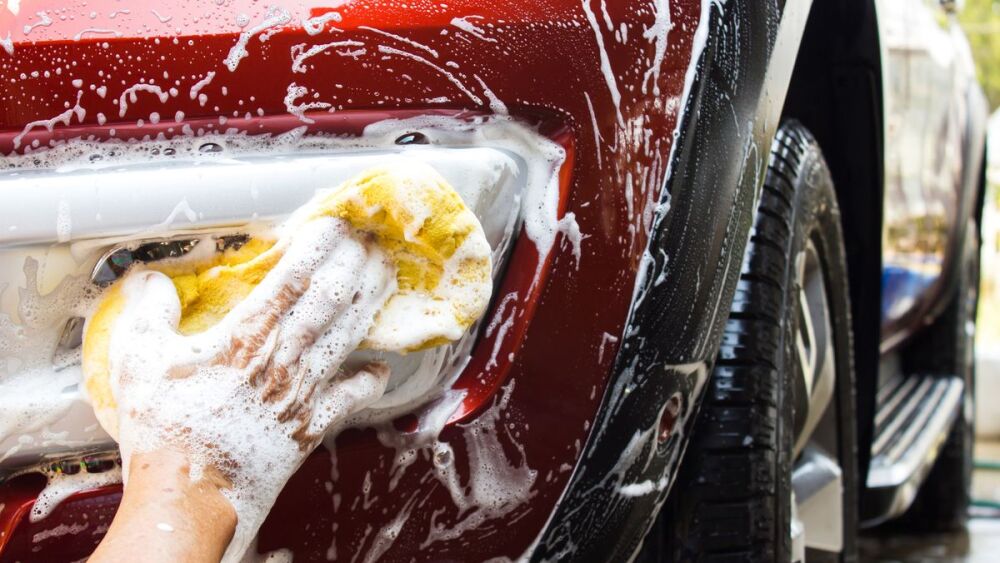When I read the article about a fraud investigation related to personal car washing at Portland, Oregon, fire stations, my first reaction mirrored many others I have seen online: Seriously? This is the biggest problem they have in Portland? How much did the city of Portland spend on this “fraud investigation”?
But whenever something triggers these kinds of visceral reactions, it is always wise to take the time to give it a second look.
What caused someone in the community to complain about an activity that by all accounts has been common practice within that department for a long time? And why did the aftermath of that complaint escalate the way it did? [Read the comments on Facebook]
There are limits
It is likely that personal car washing is common within fire departments. It was on my department. But there were also limits that applied to the privilege of washing one’s own car at work. It was to be done in a vacant bay inside the station. It took place after normal business hours – evenings and weekend afternoons. And it was understood that you needed to keep it simple – a quick wash, not an hours-long detailing.
Even many years ago, before social media’s influence on individual behavior, members of my department observed certain rules when washing personal vehicles at work. Don’t do it in the open. Don’t do it during normal business hours. Don’t abuse the privilege.
So my first question is whether such standards applied in the recent case. Were department members openly washing their vehicles where the public could observe them? Were they doing it during hours when people are expected to be engaged in work activities? Were they doing it in violation of other local standards, such as guidelines on water rationing? If any of these conditions had been present, it would help to explain why a member of the public might make a complaint.
But what if there weren’t any exacerbating factors? What if a community member just happened to see someone washing a car when they visited a fire station, or heard about the practice from someone else? Why would they be motivated to complain in this circumstance?
The “grocery wars” comparison
When I read the news story about the Portland investigation, I immediately thought of recent grocery wars involving firefighters. In more than one instance, members of the public complained when they saw firefighters shopping for food on-duty in local stores.
There are legitimate reasons why someone might take offense to firefighters grocery shopping – maybe they have traveled far out of district to do it or they spend inordinate time in the store. But most of the time when grocery shopping complaints are made, it is because people don’t understand the true nature of the firefighters’ job – that they work 24- or 48-hour shifts and are responsible for their own meals during that time.
The reality of the work
Most people don’t understand what firefighters really do or what their normal work life is like. They’ve probably never met a firefighter or set foot in a fire station.
It’s the responsibility of fire and emergency services organizations to provide some education and awareness about the reality of this work. As one commenter about the Portland story said: “I challenge those who complain about us washing cars on duty to … actually stop by a firehouse and ask questions … better yet if the Department offers ride time do a ride along so you can see what goes on in a day.” I agree, but creating this kind of interaction and relationship requires that the fire department make the first move in welcoming community members into the station.
Relationships matter
The other piece of the Portland story involves relationships with city officials. The fact that the city auditor took such a strong public stand against personal car washing makes me wonder about the quality of relations and communications between that person’s office and fire officials. The initial complaint apparently stemmed from a single observation of someone washing a personal vehicle last summer. Couldn’t there have been a lower-level way of resolving this conflict? Or did such outreach happen, and people just dug into their positions?
Just about every job brings with it some kinds of built-in perks: You get to use the copy machine or eat free food at the end of a shift or have access to convenient parking. Under most circumstances, a firefighter washing a car during a long work shift is not a high-level problem, or even a problem at all. The fact that it rose to this level in Portland is indicative of other issues, especially communications problems with the service community or other city agencies. These are issues that can and should be addressed by fire department leadership before they result in a blow-up that wastes time and money and benefits no one.



